Home>Gardening & Outdoor>Landscaping Ideas>Should I Water Grass When It’s Hot
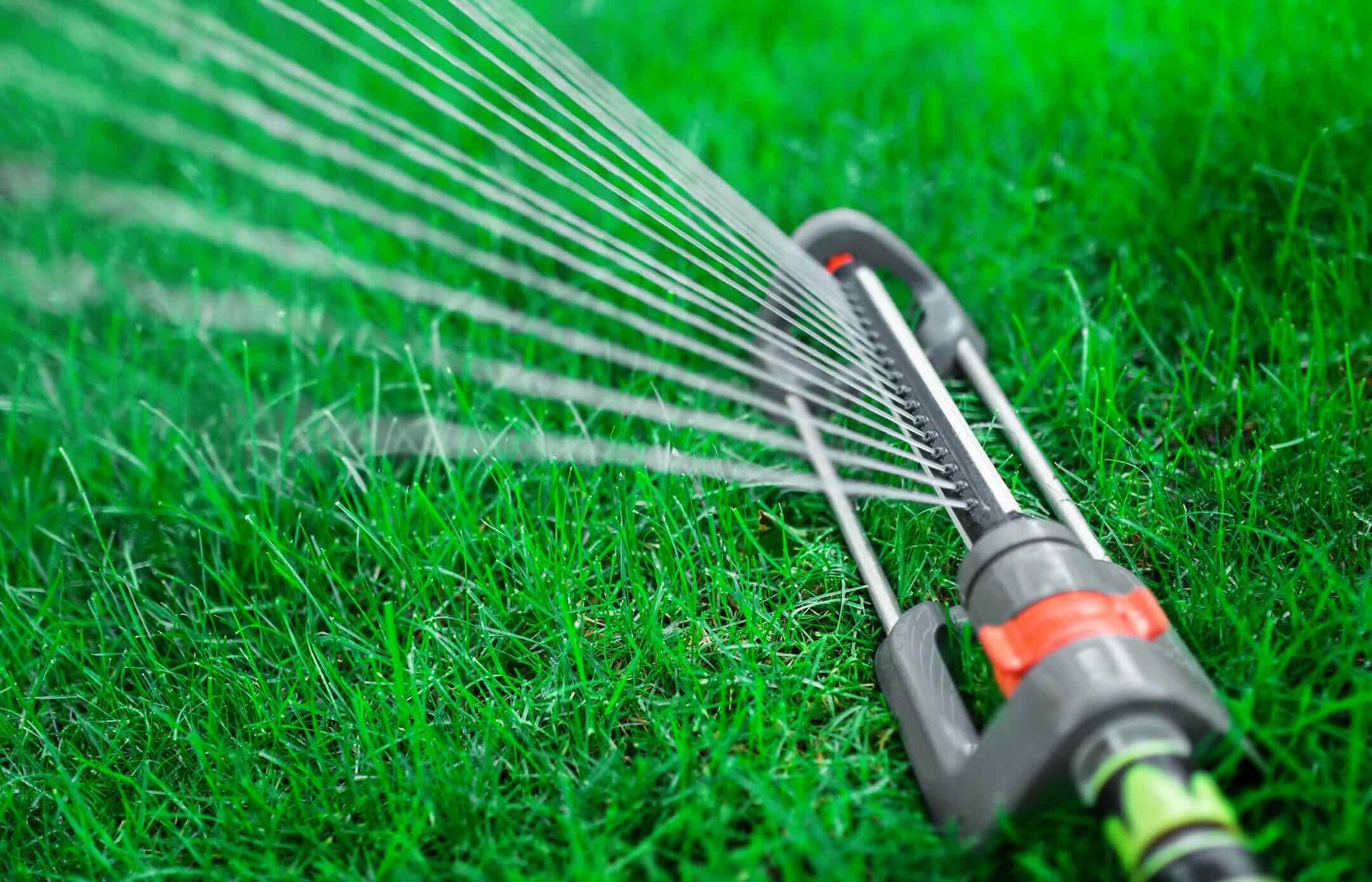

Landscaping Ideas
Should I Water Grass When It’s Hot
Modified: March 24, 2024
Learn the best landscaping ideas for watering grass in hot weather. Find out when and how to water your lawn to keep it healthy and green. Expert tips for maintaining a lush lawn.
(Many of the links in this article redirect to a specific reviewed product. Your purchase of these products through affiliate links helps to generate commission for Storables.com, at no extra cost. Learn more)
Introduction
When the scorching sun beats down and the mercury rises, it's natural to wonder about the best way to care for your lawn. One of the most common questions that homeowners ask during hot weather is, "Should I water grass when it's hot?" This concern is valid, as the heat can take a toll on the health and appearance of your lawn. However, the answer isn't as straightforward as a simple "yes" or "no."
Proper lawn care during hot weather requires an understanding of various factors, including the type of grass, soil conditions, and local climate. In this article, we'll explore the considerations and best practices for watering grass in hot weather, helping you make informed decisions to keep your lawn lush and vibrant. Whether you're a seasoned gardener or just starting to flex your green thumb, this guide will provide valuable insights to help you navigate the challenges of maintaining a healthy lawn in hot conditions. So, let's delve into the details and discover the best strategies for nurturing your grass when the heat is on.
Key Takeaways:
- Proper watering during hot weather is crucial for a healthy lawn. Factors like grass type, soil, and climate influence watering needs. Following best practices and recognizing signs of overwatering are key for lush, resilient grass.
- Water early in the day, water deeply and infrequently, and monitor soil moisture for a healthy lawn in hot weather. Recognize signs of overwatering to prevent damage and promote a thriving landscape.
Read more: Should I Water Grass When It’s Cold
Factors to Consider
When deciding whether to water your grass during hot weather, several crucial factors come into play. Understanding these elements will enable you to tailor your watering practices to suit the specific needs of your lawn, promoting optimal growth and resilience. Here are the key factors to consider:
- Grass Type: Different grass species have varying tolerance levels to heat and drought. Warm-season grasses, such as Bermuda grass and Zoysia grass, are more resilient in hot conditions, while cool-season grasses like Kentucky bluegrass and fescue may struggle in intense heat. Knowing the type of grass in your lawn will influence your watering schedule.
- Soil Type: The composition of your soil affects its water retention capabilities. Sandy soils drain quickly and may require more frequent watering, while clay soils retain moisture for longer periods. Understanding your soil type helps in determining the appropriate watering frequency and duration.
- Local Climate: The climate in your region plays a significant role in lawn care. Areas experiencing prolonged heatwaves or high evaporation rates may necessitate more frequent watering, whereas regions with occasional hot spells may require less intensive watering schedules.
- Established or New Lawn: Newly seeded or sodded lawns have different watering requirements compared to established lawns. Young grass plants have shallower roots and require more frequent, light watering to aid in establishment, while mature lawns may benefit from deeper, less frequent watering to encourage root growth.
- Watering Restrictions: Some regions have watering restrictions in place during hot weather to conserve water resources. Familiarizing yourself with local regulations ensures compliance while promoting responsible water usage.
By taking these factors into account, you can tailor your watering regimen to provide the precise care that your lawn needs during hot weather. Understanding the unique characteristics of your grass, soil, and local climate empowers you to make informed decisions that promote a healthy and resilient lawn.
Best Practices for Watering Grass in Hot Weather
Watering your grass effectively during hot weather is essential for maintaining its health and vigor. By following best practices, you can ensure that your lawn receives the right amount of moisture without wastage. Here are some key guidelines to consider:
- Water Early in the Day: The best time to water your lawn during hot weather is early in the morning, typically before 10:00 AM. This allows the grass to absorb moisture before the sun’s intensity increases, reducing the risk of evaporation.
- Deep, Infrequent Watering: Instead of frequent light watering, aim for deep and infrequent watering sessions. This encourages the development of deep roots, making the grass more resilient to heat and drought. Watering to a depth of 6 inches is generally recommended for most grass types.
- Monitor Soil Moisture: Regularly check the soil moisture to determine when watering is necessary. Insert a screwdriver or soil probe into the ground – if it meets resistance, the soil is still moist. If it penetrates easily, it’s time to water.
- Adjust for Rainfall: Take natural rainfall into account when planning your watering schedule. If your region experiences occasional showers, adjust your irrigation system or watering frequency to avoid overwatering the lawn.
- Use Proper Irrigation Techniques: Whether you use a sprinkler system or hose, ensure that the water is distributed evenly across the lawn. Avoid runoff by dividing the watering into shorter cycles, allowing time for absorption between sessions.
- Observe Watering Restrictions: Adhere to any local watering restrictions in your area. Familiarize yourself with the guidelines and adjust your watering schedule accordingly to comply with regulations while maintaining the health of your lawn.
- Mulch Grass Clippings: Leaving grass clippings on the lawn after mowing can help retain moisture and provide natural nutrients to the soil, reducing the need for additional watering.
By implementing these best practices, you can optimize your lawn’s water intake, promoting healthy growth and resilience during hot weather. Thoughtful and efficient watering practices contribute to a lush, vibrant lawn that can withstand the challenges of intense heat.
Water your grass early in the morning or late in the evening when it’s cooler to prevent water evaporation. Avoid watering during the hottest part of the day to minimize stress on the grass.
Signs of Overwatering
While ensuring that your grass receives adequate moisture during hot weather is crucial, overwatering can be detrimental to its health. Understanding the signs of overwatering enables you to adjust your watering practices and prevent potential damage to your lawn. Here are the common indicators of overwatering:
- Wilting and Yellowing: Surprisingly, overwatering can lead to symptoms similar to underwatering. If your grass appears wilted and yellow, despite regular watering, excess moisture might be the culprit. Overwatered grass may also exhibit a spongy texture when walked on.
- Fungus and Mold Growth: Excessive moisture creates a favorable environment for fungal growth, leading to the development of mold and mildew on the grass blades and soil surface. If you notice these signs, it’s essential to reassess your watering frequency and duration.
- Stagnant Water and Runoff: Puddles of water or runoff after irrigation indicate that the soil is saturated beyond its capacity. This prevents oxygen from reaching the roots and can lead to waterlogged conditions, suffocating the grass roots.
- Increased Weed Growth: Overwatering promotes the proliferation of weeds, as they thrive in moist environments. If you notice a sudden surge in weed growth, it may be a sign that your lawn is receiving excessive water.
- Reduced Root Growth: In waterlogged soil, grass roots may become shallow and weak, as they don’t need to extend deeply in search of moisture. This compromises the lawn’s resilience to drought and heat, making it more susceptible to damage.
- Unpleasant Odor: A musty or sour smell emanating from the soil can indicate excess moisture, signaling the need to adjust your watering practices to prevent waterlogging.
By recognizing these signs of overwatering, you can take proactive measures to address the issue and restore the health of your lawn. Adjusting your watering schedule and ensuring proper drainage can help mitigate the effects of overwatering, fostering a thriving and resilient grassy landscape.
Conclusion
As the heat of summer bears down, the question of whether to water your grass becomes a pivotal consideration in maintaining a healthy and vibrant lawn. By carefully assessing the factors that influence watering needs, implementing best practices, and recognizing signs of overwatering, you can navigate the challenges of hot weather and nurture your grass to thrive. Understanding the unique characteristics of your grass type, soil, and local climate empowers you to make informed decisions that promote optimal growth and resilience.
Effective watering practices, such as early morning irrigation, deep and infrequent watering, and monitoring soil moisture, are essential for sustaining your lawn’s health during hot weather. By adhering to these guidelines and adjusting your watering regimen in response to natural rainfall and local restrictions, you can ensure responsible water usage while fostering a lush and resilient lawn.
Recognizing the signs of overwatering is equally crucial, as it enables you to mitigate potential damage and adjust your watering practices accordingly. By staying attentive to the condition of your grass and the soil, you can prevent the detrimental effects of excess moisture and promote a thriving lawn that can withstand the rigors of intense heat.
Ultimately, the decision of whether to water grass when it’s hot is nuanced, influenced by a combination of factors that are unique to your lawn and local environment. By approaching lawn care with attentiveness, knowledge, and a commitment to responsible watering practices, you can cultivate a lush, resilient, and visually appealing landscape that enhances the beauty of your outdoor space throughout the hottest days of summer.
Frequently Asked Questions about Should I Water Grass When It's Hot
Was this page helpful?
At Storables.com, we guarantee accurate and reliable information. Our content, validated by Expert Board Contributors, is crafted following stringent Editorial Policies. We're committed to providing you with well-researched, expert-backed insights for all your informational needs.
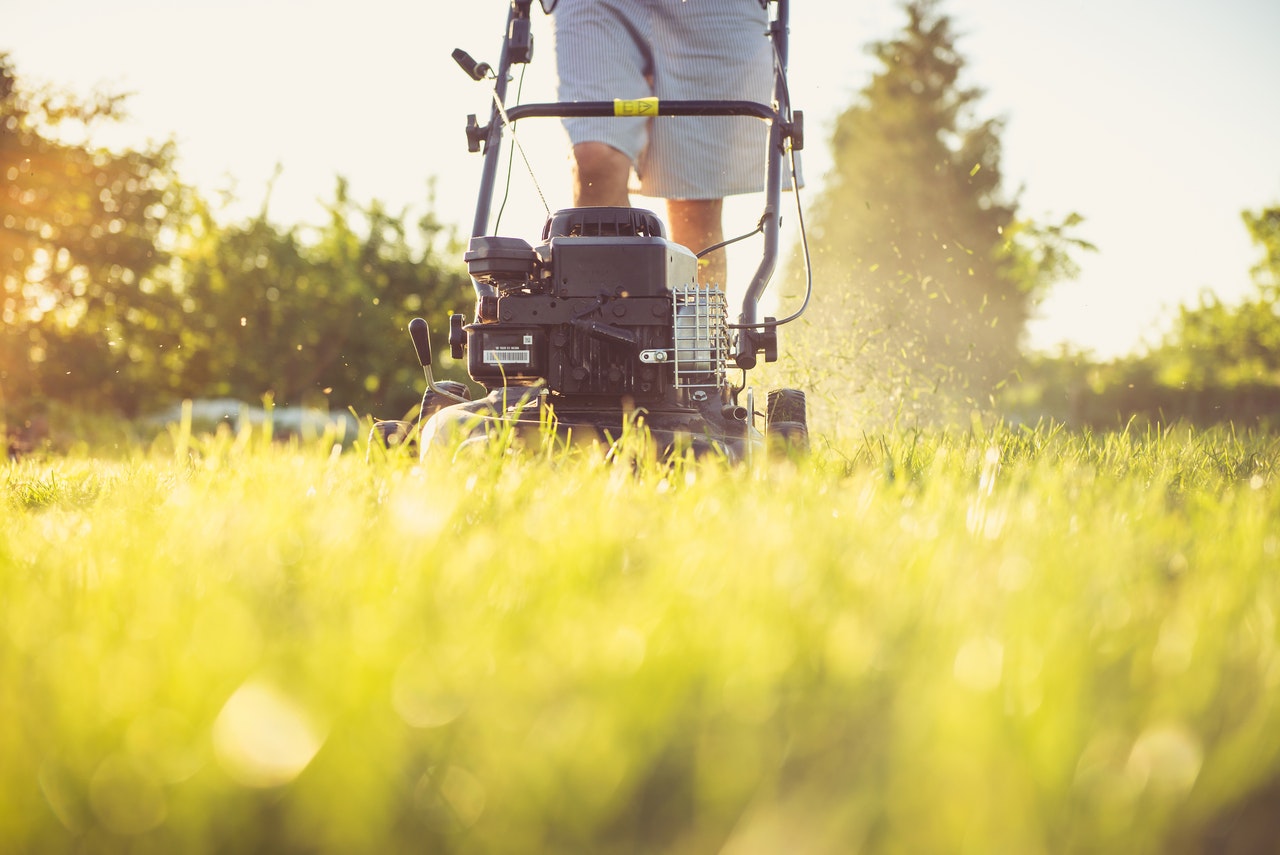
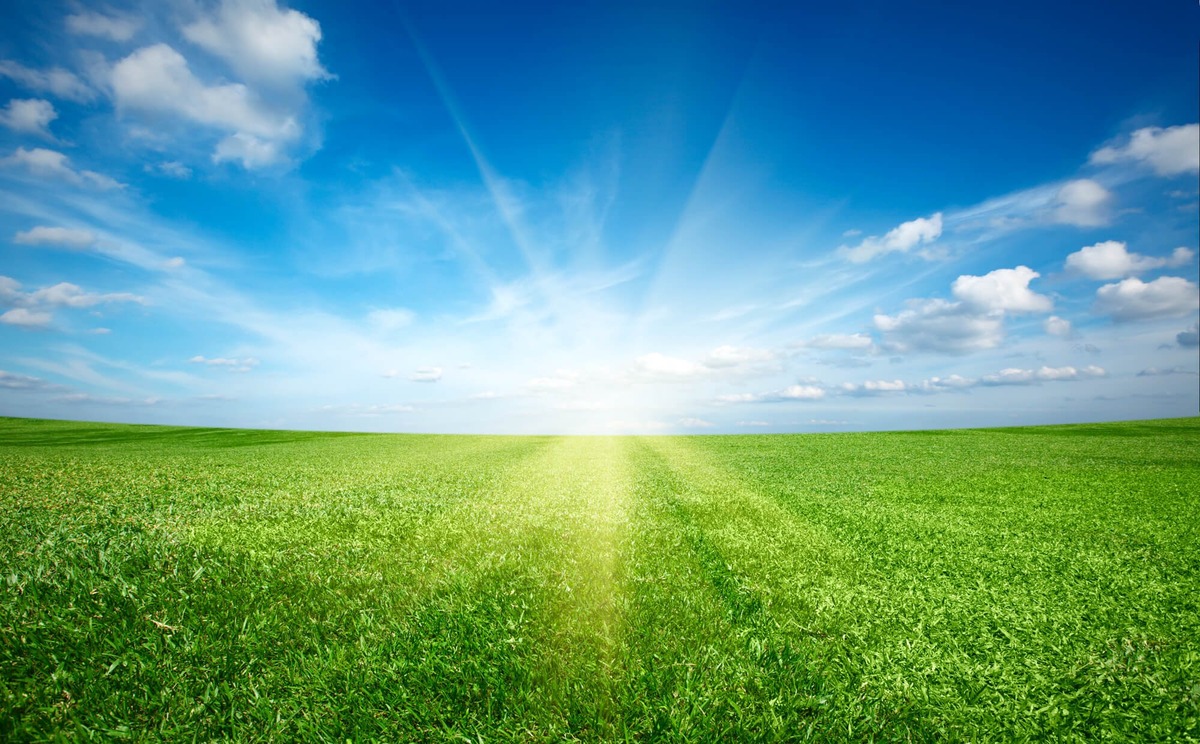
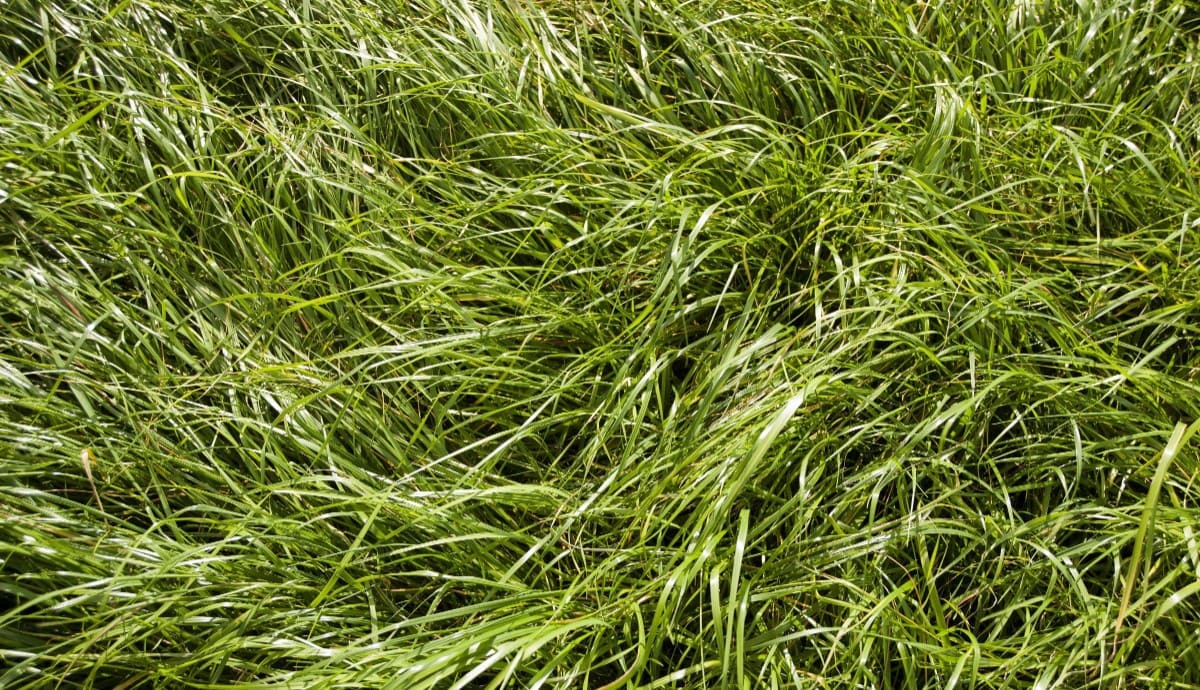
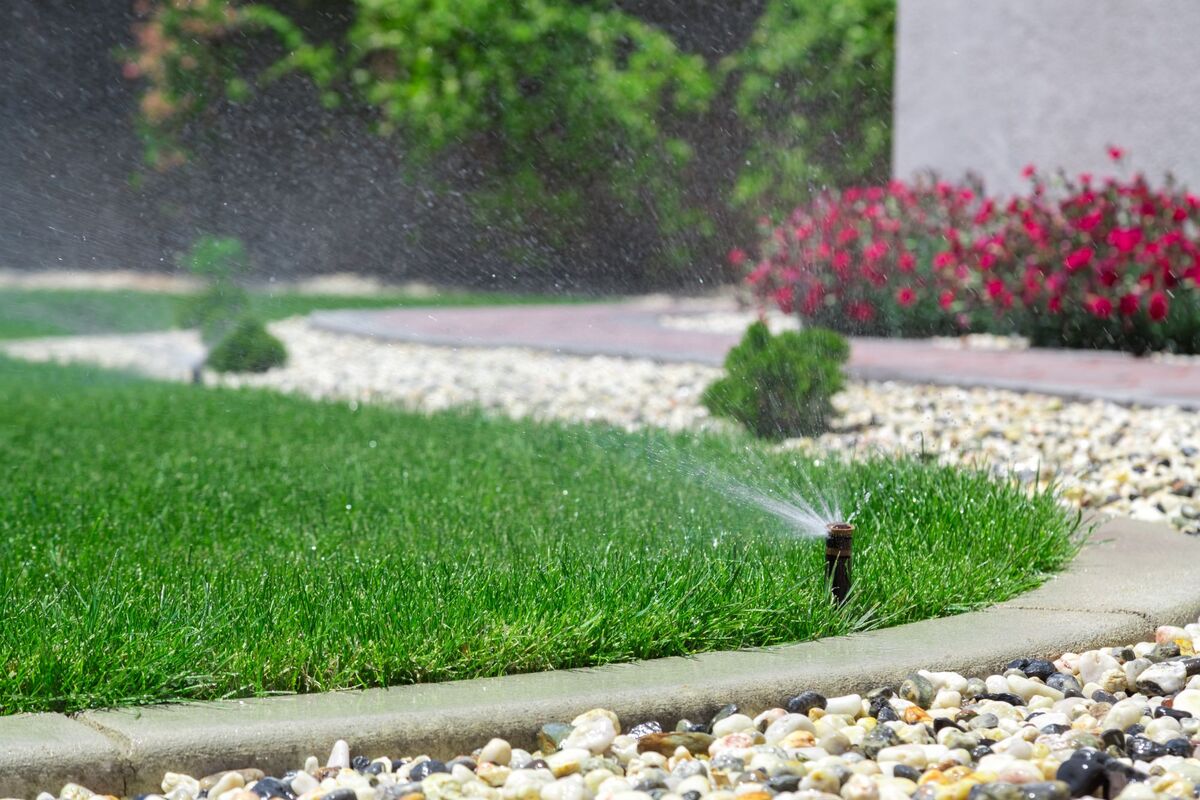
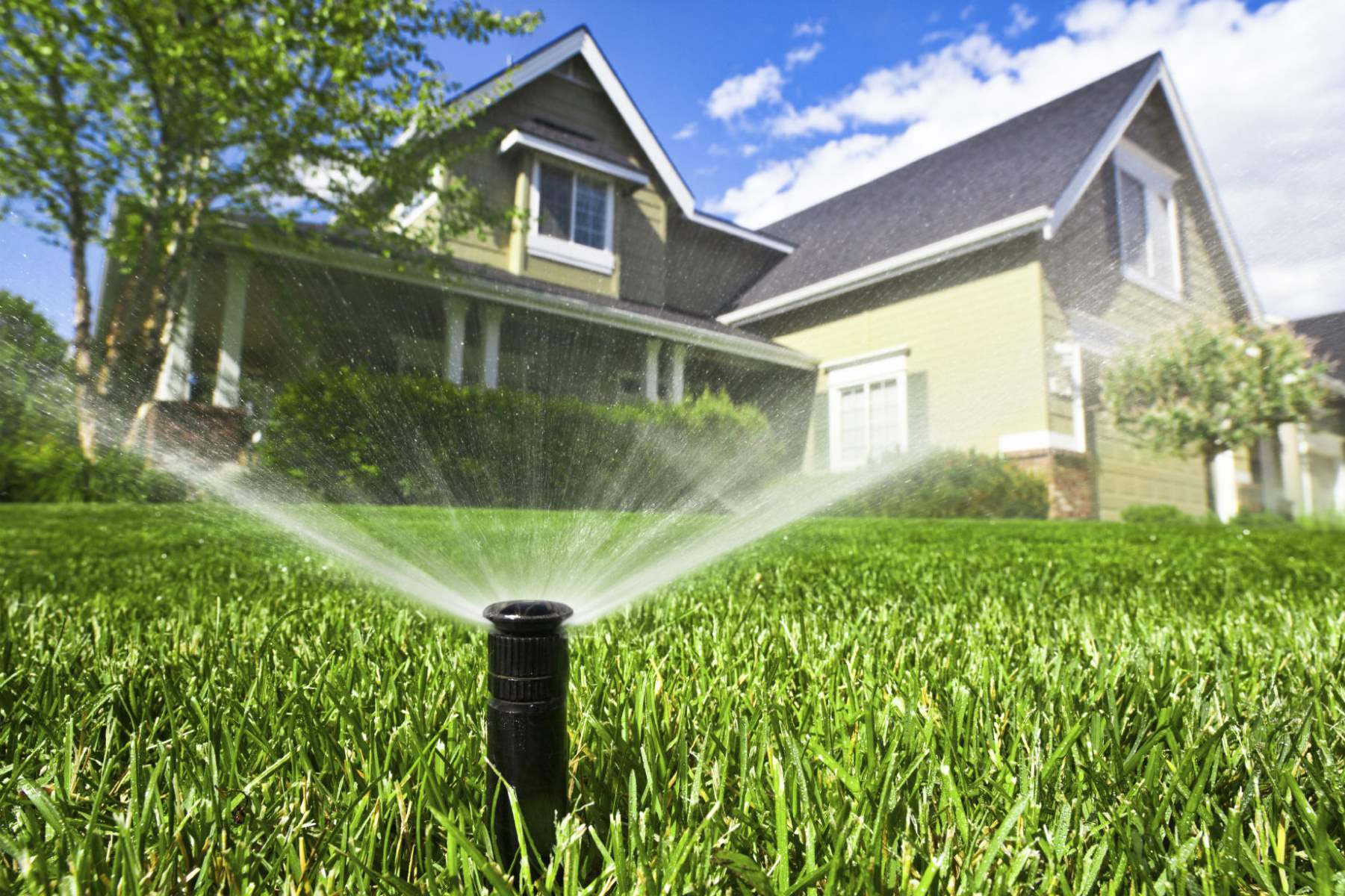
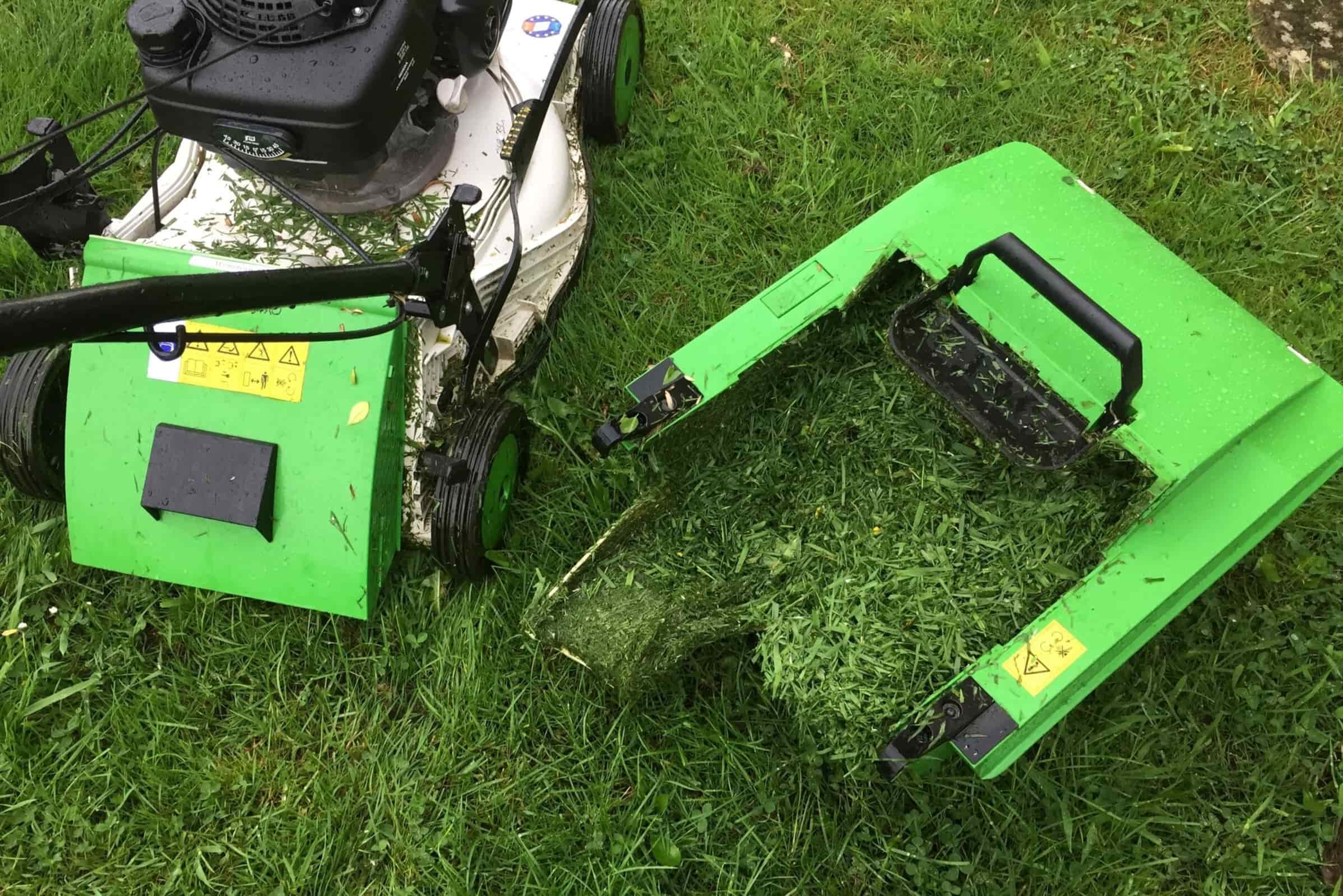

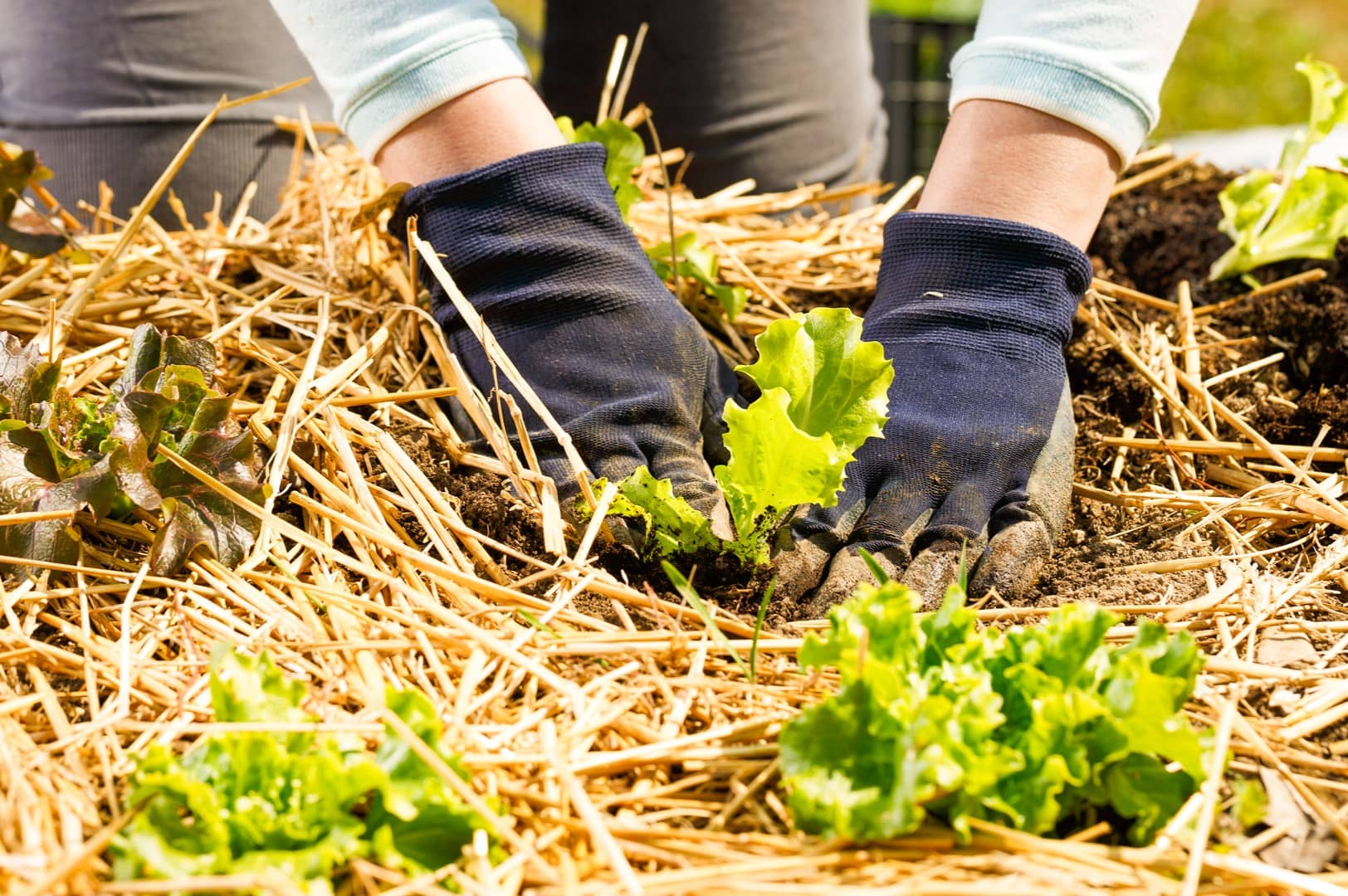

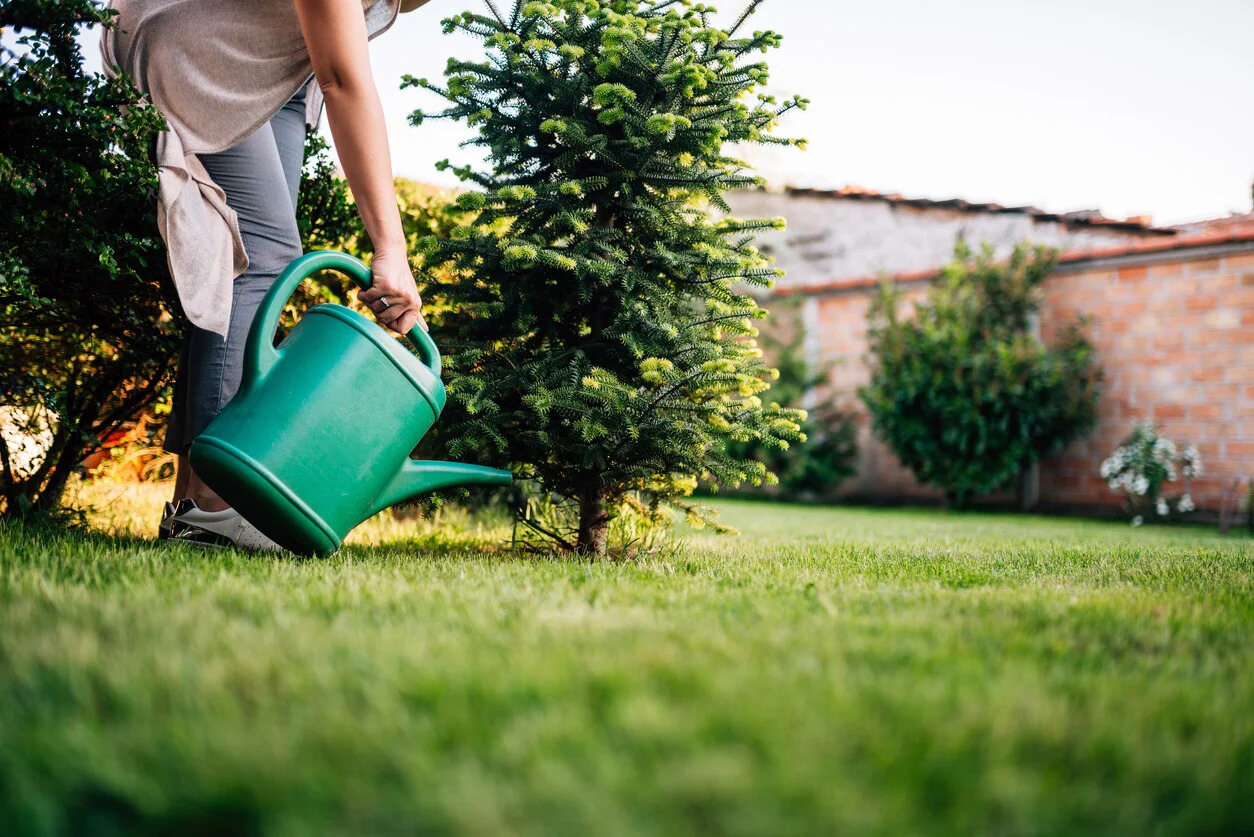
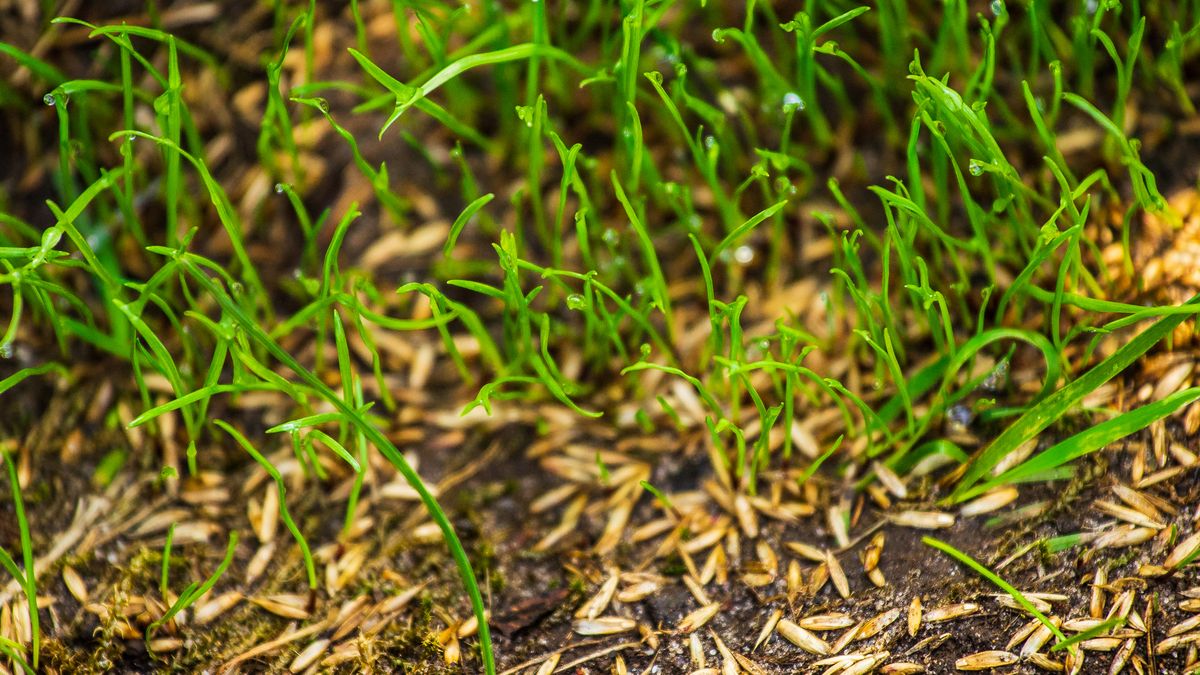
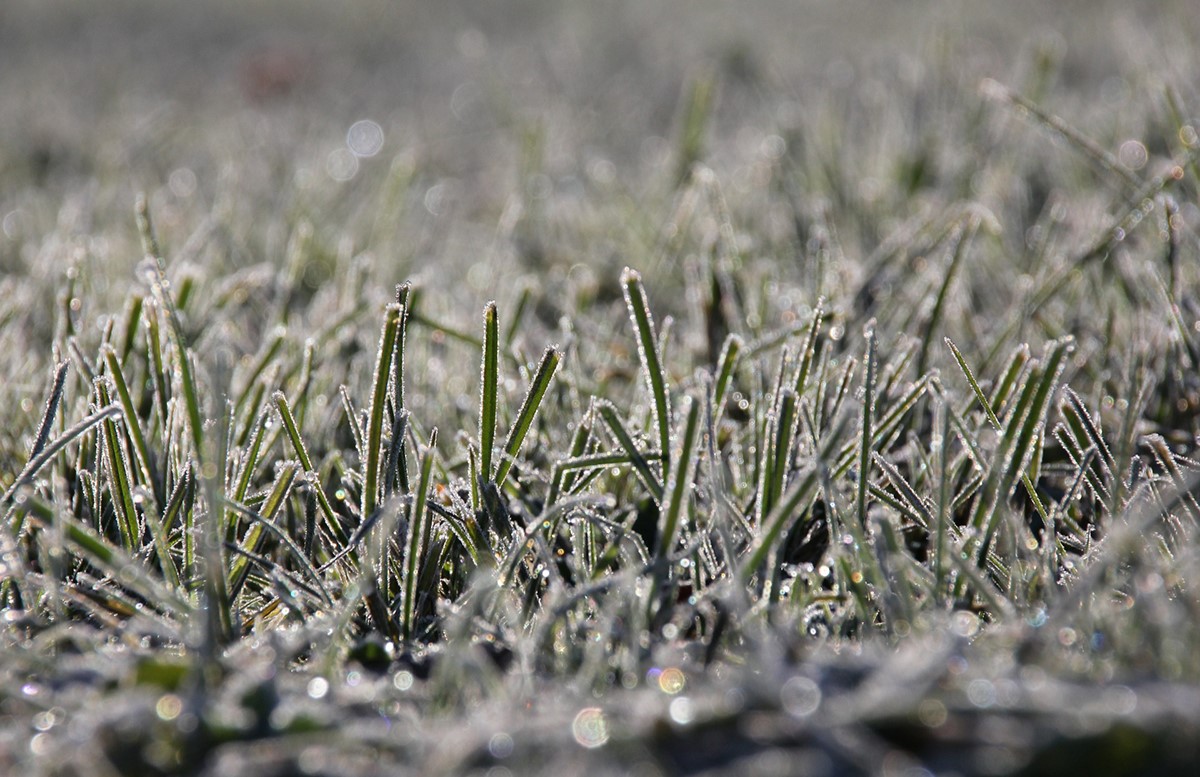
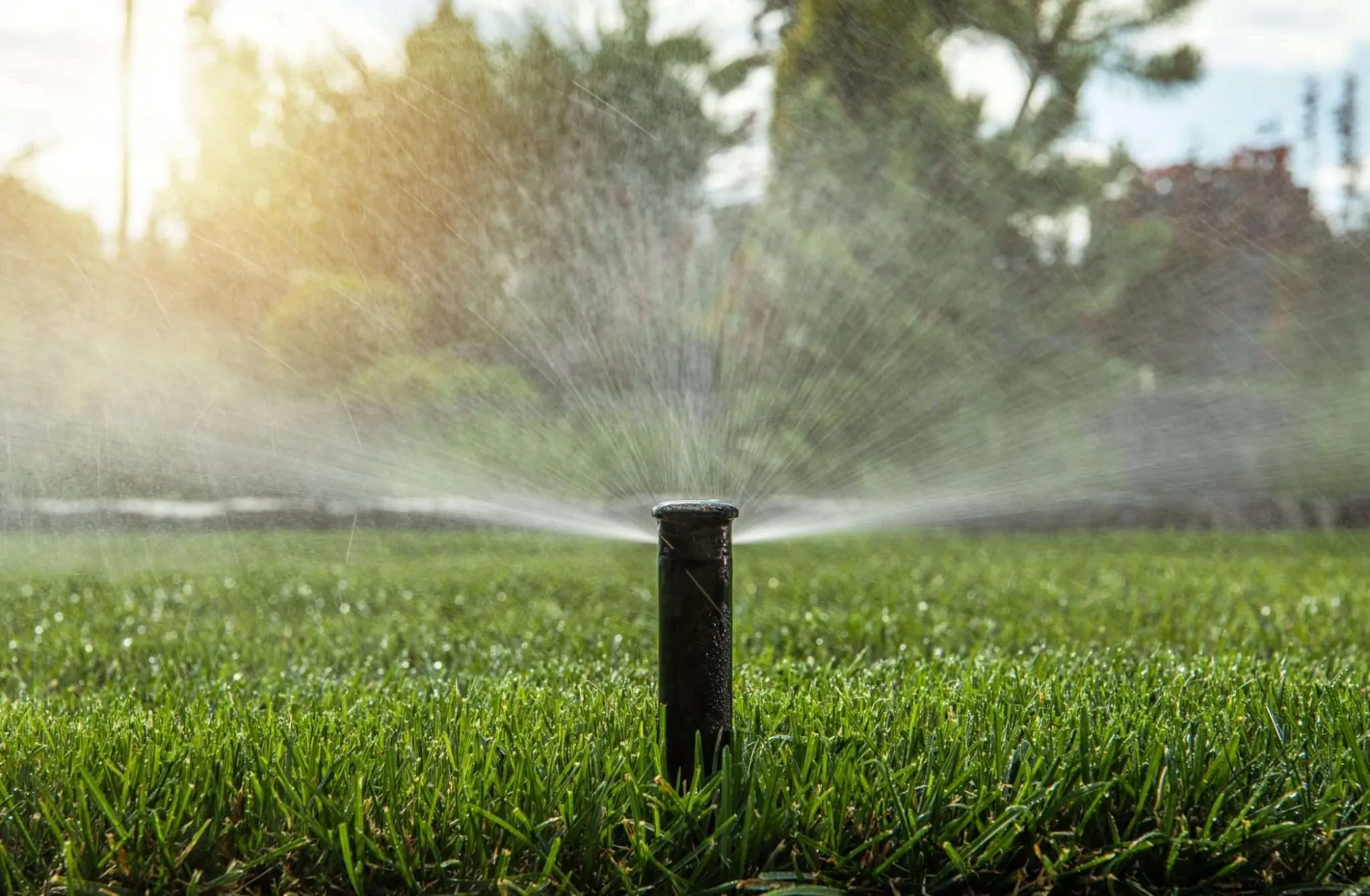
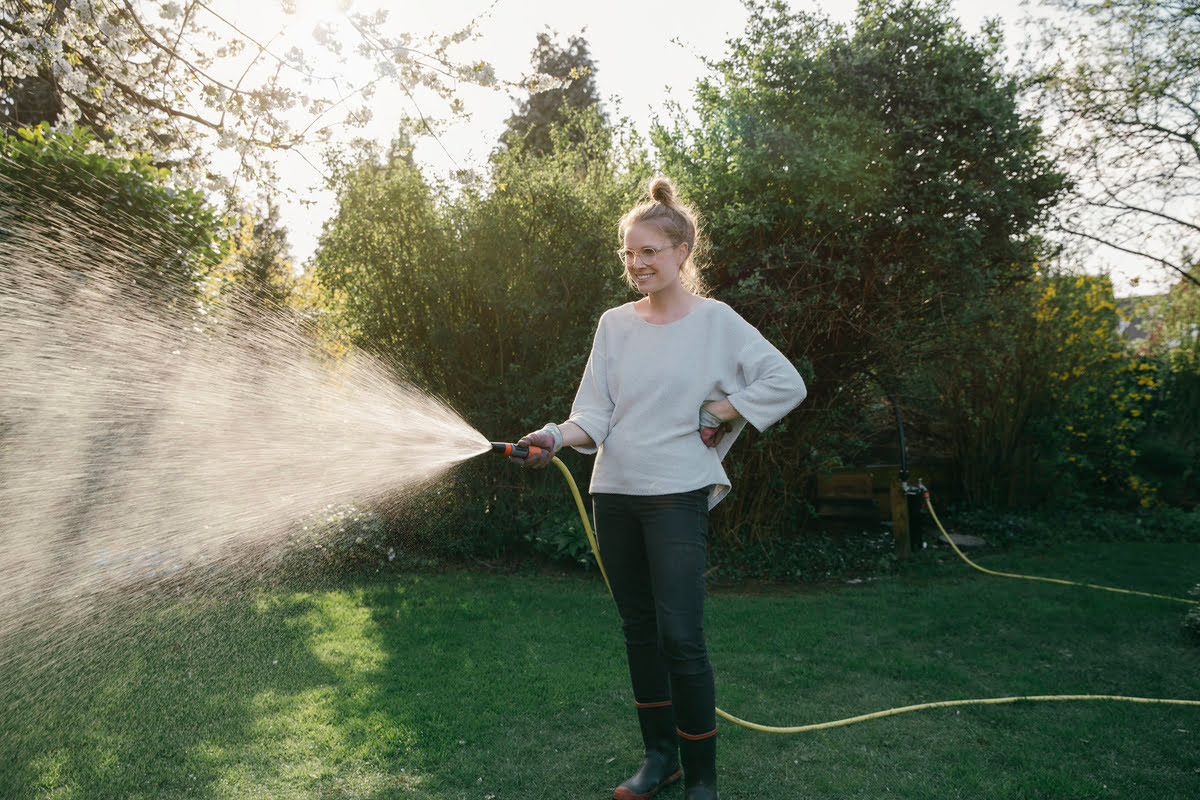
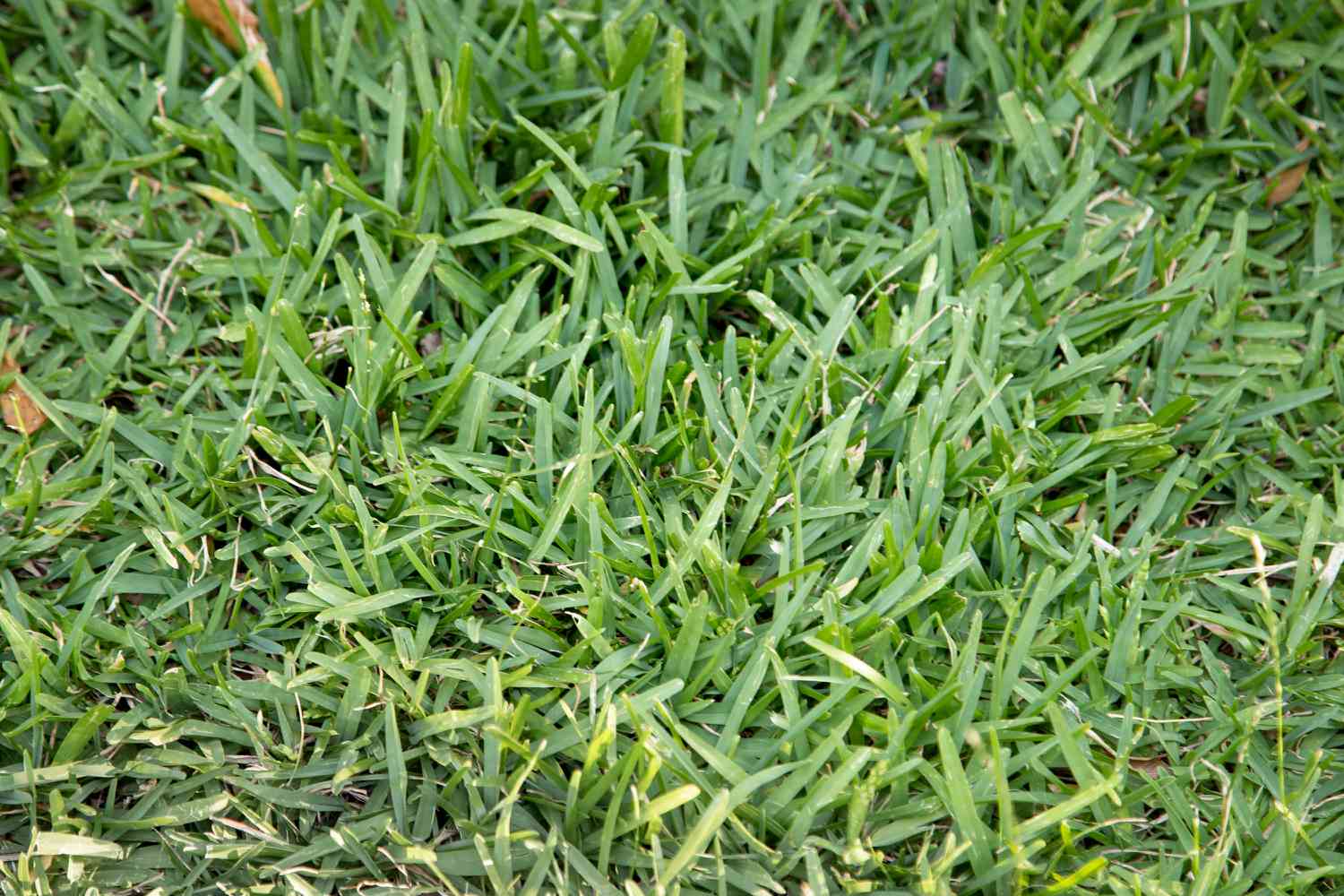

0 thoughts on “Should I Water Grass When It’s Hot”